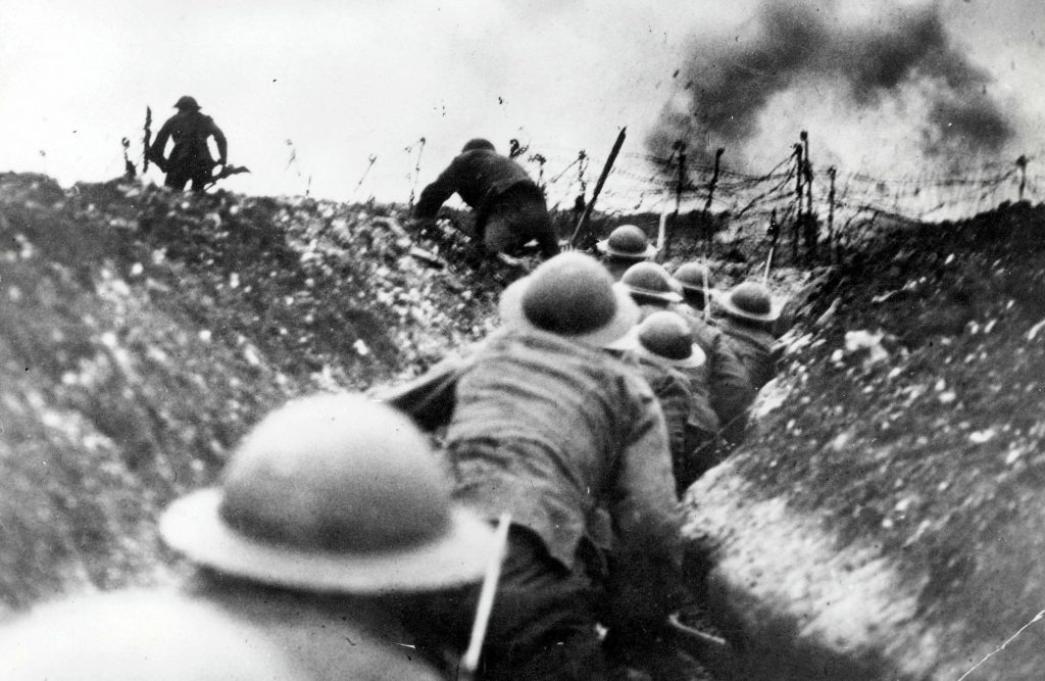In This Section
- Home
- Collections
- Atlas Resources for Schools
- Cork Fatality Register
- Mapping the Irish Revolution
- Mapping IRA Companies, July 1921-July 1922
- Mapping the Burning of Cork, 11-12 December 1920
- Martial Law, December 1920
- The IRA at War
- The Railway Workers’ Munitions Strike of 1920
- The Victory of Sinn Féin: The 1920 Local Elections
- The War of Words: Propaganda and Moral Force
- The IRA Offensive against the RIC, 1920
- De Valera’s American Tour, 1919-1920
- The British Reprisal Strategy and its Impact
- Cumann na mBan and the War of Independence
- The War Escalates, November 1920
- The War of Independence in Cork and Kerry
- The Story of 1916
- A 1916 Diary
- January 9-15 1916
- January 10-16, 1916
- January 17-23, 1916
- January 24-30, 1916
- February 1-6 1916
- February 7-14, 1916
- February 15-21, 1916
- February 22-27, 1916
- February 28-March 3, 1916
- March 6-13,1916
- March 14-20, 1916
- March 21-27 1916
- April 3-9, 1916
- April 10-16, 1916
- April 17-21,1916
- May 22-28 1916
- May 29-June 4 1916
- June 12-18 1916
- June 19-25 1916
- June 26-July 2 1916
- July 3-9 1916
- July 11-16 1916
- July 17-22 1916
- July 24-30 1916
- July 31- August 7,1916
- August 7-13 1916
- August 15-21 1916
- August 22-29 1916
- August 29-September 5 1916
- September 5-11, 1916
- September 12-18, 1916
- September 19-25, 1916
- September 26-October 2, 1916
- October 3-9, 1916
- October 10-16, 1916
- October 17-23, 1916
- October 24-31, 1916
- November 1-16, 1916
- November 7-13, 1916
- November 14-20, 1916
- November 21-27-1916
- November 28-December 4, 1916
- December 5-11, 1916
- December 12-19, 1916
- December 19-25, 1916
- December 26-January 3, 1916
- Cork's Historic Newspapers
- Feature Articles
- News and Events
- UCC's Civil War Centenary Programme
- Irish Civil War National Conference 15-18 June 2022
- Irish Civil War Fatalities Project
- Research Findings
- Explore the Fatalities Map
- Civil War Fatalities in Dublin
- Civil War Fatalities in Limerick
- Civil War Fatalities in Kerry
- Civil War Fatalities in Clare
- Civil War Fatalities in Cork
- Civil War Fatalities in the Northern Ireland
- Civil War Fatalities in Sligo
- Civil War Fatalities in Donegal
- Civil War Fatalities in Wexford
- Civil War Fatalities in Mayo
- Civil War Fatalities in Tipperary
- Military Archives National Army Fatalities Roll, 1922 – 1923
- Fatalities Index
- About the Project (home)
- The Irish Revolution (Main site)

Besides centuries of imposed imperialist rule the principal international context within which the events of Ireland’s 1916 Rising should be seen is provided by the Great War. This section introduces the early years of the War from 1914-1916 as a bloody backdrop to the Rising in Ireland.
By Gabriel Doherty, UCC School of History
The ‘war to end war’ as many in its immediate aftermath sincerely hoped and believed it would be, provided the bloody backdrop to events in 1916 Ireland.
The debate about the causes of this ‘Great War’ has continued ever since its outbreak. Everything from global imperialism, the growing division of Europe into two armed camps, a naval race between the United Kingdom and Germany and an inexorable logic imposed upon military planners by train timetables, have all been cited as causes of the war.
Whatever the cause, however, the devastation wrought by the conflict in its first two years was plain for all to see.
By the Spring of 1916, Russia and Austria-Hungary were teetering on the verge of collapse, Germany and France were haemorrhaging troops, Turkey was reeling from the high cost of seeing off the Gallipoli invasion and the United Kingdom, long accustomed to seeing itself as virtually invulnerable behind the shields provided by its empire, its huge navy, and the English channel, was now forced to impose the unimaginable step of military conscription — though not yet, by 1916, in Ireland.
At the time of the 1916 Rising the western front had reached stalemate, with Germany still in control of the territorial gains it had made in the very first weeks of the war and with further advances still being made on the eastern front.
Closer to home the war had also lead to massive Irish casualties, tested traditional alliances and allegiances, placed the Irish economy under considerable strain and accelerated social change and disparity with, by April 1916, showed no signs of changing any time soon.
In the Autumn of 1914 the dogs of war and all its associated pain had been loosened by Europe’s statesmen and it was no surprise, therefore, that they appeared in all their fury on the streets of Dublin twenty months later.
